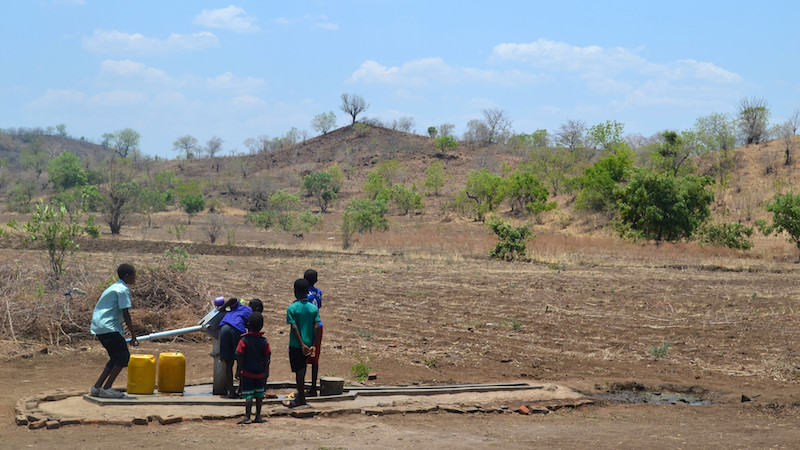
In Zimbabwe’s rural Mudzi district, five-year-old Talent forages for fruit instead of attending school. This is following the effects of the El Nino phenomenon, exacerbated by climate change, which has led to severe drought and flooding in southern and eastern Zimbabwe. This environmental crisis has left crops withered, leading to widespread hunger and financial hardship.
The immediate concern is hunger, with 580,000 children at risk of malnutrition. Families struggle to afford school fees and uniforms, pushing education out of reach for many.
Various families are even suffering to table one meal a day. Still, over 60% of Zimbabwe’s population relies on agriculture, who are directly affected by the failure of crops. With situation worsening, children will continue to lack the nutrition needed to attend school.
The drought has devastating effects on education, with school becoming a luxury, and leading to dropouts with. Moreover, teenage girls skip school due to lack of water for menstrual hygiene or to babysit siblings while parents search for work. Some girls are forced into early marriage to alleviate financial burdens, perpetuating a cycle of poverty.
Neighboring countries like Malawi face similar challenges, with school attendance plummeting due to extreme weather. In response, Zimbabwe and Zambia have implemented school feeding programs to incentivize attendance. Zimbabwe’s program aims to counteract the increased absenteeism and dropout rates caused by the drought.
Despite these efforts, many children, especially girls, may never return to school. Activist Nyaradzo Mashayamombe highlights that early marriage often traps girls in abusive situations, cutting short their dreams and continuing the poverty cycle.
The drought’s impact on southern Africa’s children is severe and urgent. With global attention focused elsewhere, funding and resources are scarce. The situation demands immediate action to prevent a lost generation.


Add a Comment